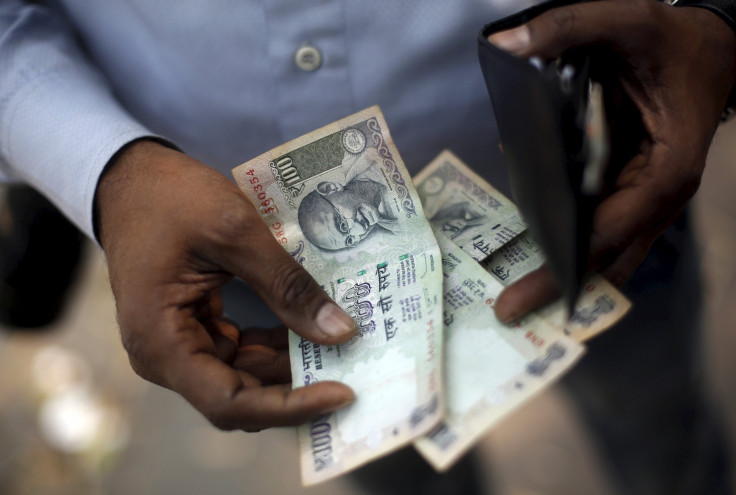IMF Projects India To Grow At 7.5 Percent In 2016, Recommends Banking, Tax Reforms

India’s economic growth should move up to 7.5 percent in the 2016-17 fiscal year from 7.3 percent this year, the International Monetary Fund (IMF) said Wednesday, citing a fall in global oil prices and positive policy actions from the government as reasons for its improved outlook.
“The windfall [from collapse in oil prices] has made room for more spending on goods and services, helped improve the external and fiscal positions, and allowed a sharp decline in inflation,” Paul Cashin, head of the IMF team for India, said.
IMF lauded the Reserve Bank of India's efforts to lower consumer inflation — with the country’s economy looking ready to hit the central bank’s target for consumer price inflation of 5 percent by March 2017 — but warned that Asia’s third-largest economy faced economic risks such as intensified volatility in global financial markets from unexpected U.S. monetary policy moves or China's economic slowdown.
Inflation was “behaving and was on track,” the IMF said in the statement, adding that the growth recovery reflected improved economic management as the government undertook policy measures to cut fuel and fertilizer subsidies.
However, Cashin warned that bad loans and weak profitability could make Indian banks more cautious of lending, which could slow down economic growth.
“Increasing capital buffers in public banks, which in our assessment are manageable even in a severe stress scenario, and implementing governance reforms in public sector banks along with the new bankruptcy law, are of key importance to ensure the durability of the Indian growth recovery,” Cashin said.
The IMF report also said that the quality of public spending had improved, and added that tax revenues could be further increased through better administration of India’s large food and fertilizer subsidies. The report also encouraged the introduction of the long-planned goods and services tax, which would make transportation of goods and services across the country more efficient and create a single national market.
"The broad message is that India's growth trajectory is pretty strong by international standards — not to mention the advanced economies," IMF Resident Representative Thomas Richardson reportedly said.
© Copyright IBTimes 2025. All rights reserved.





















